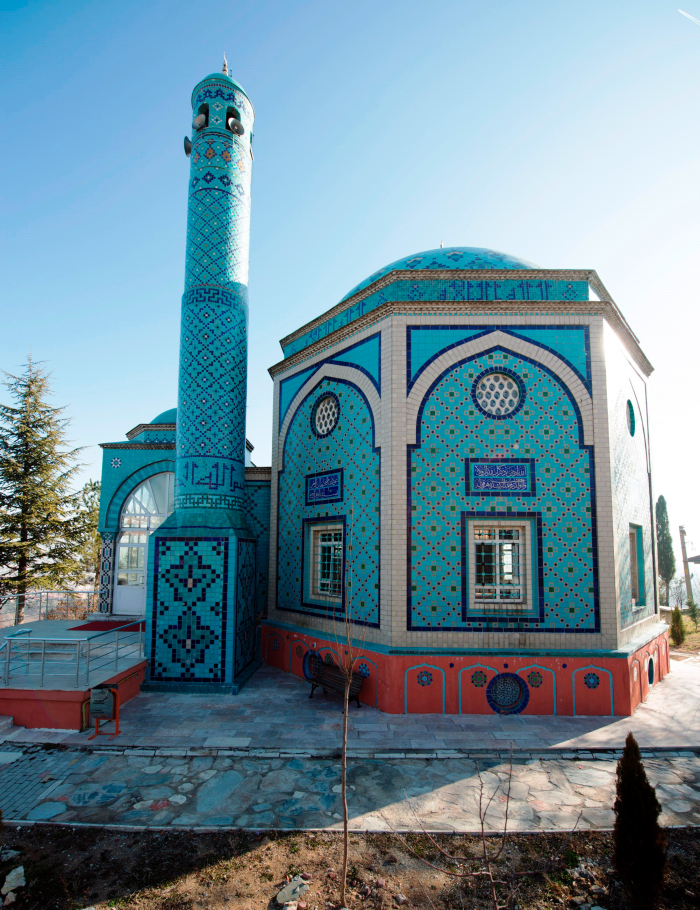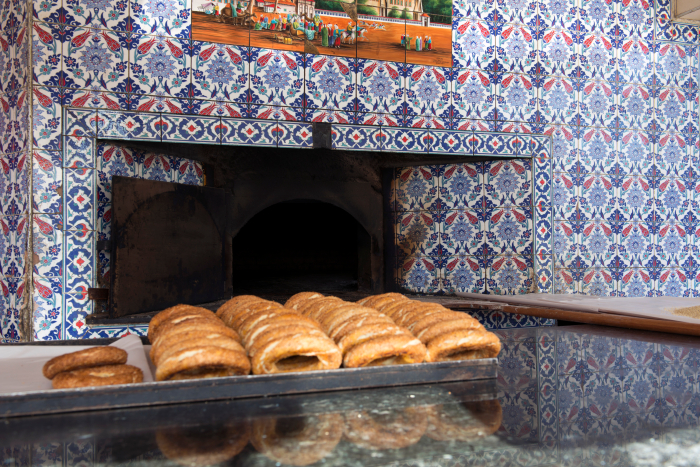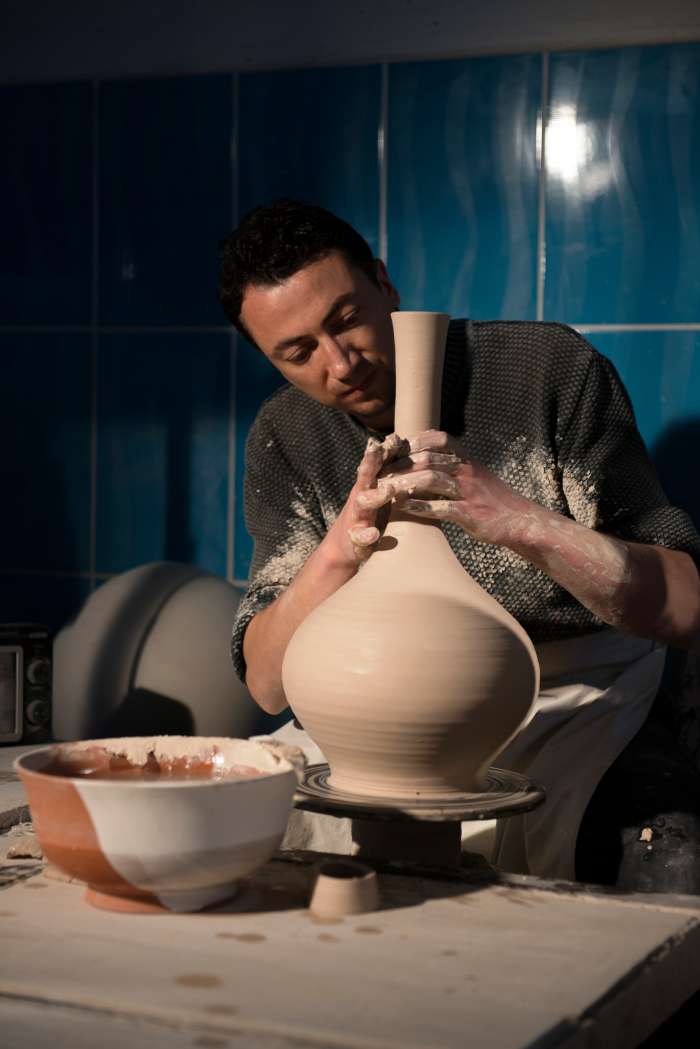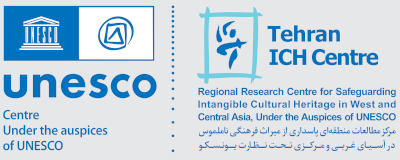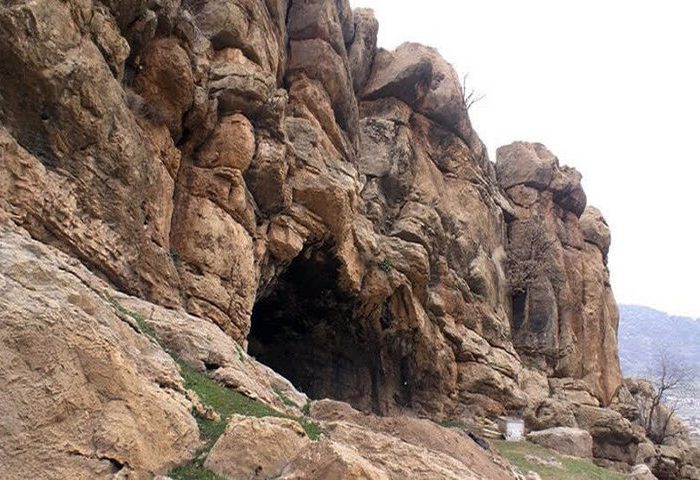| Element | Traditional craftsmanship of Çini-making |
| Countries | |
| Registration |
2016 |
| Description |
Çini are traditional, handmade glazed tiles and ceramics made in Turkey featuring colourful motifs of plants, animals and geometric patterns often found on facades of buildings and in homes throughout the country. Producing çini involves a series of processes. The clay is first shaped, lined, dried and fired in ovens specifically for çini making. Designs representing local customs and beliefs are then drilled on paper and transferred to the surface with coal dust. Outer contours of the patterns are hand drawn, the surface dyed in various colours and then the work is glazed and fired. Çini-making workshops involve craftspeople, supervisors and apprentices. Each craftsperson has a specific role – shaping, design and dye, polishing and undercoating or firing. Practitioners consider çini making as an outlet for self-expression, development and healing, as well as a means of maintaining an art form that is a symbolic aspect of Turkey’s cultural identity, strengthening links from the past to the present providing continuity. Çini making is not confined to workshop spaces. The tradition is also practised in the home, public education centres, vocation schools and universities throughout the country where neither age, gender nor ethnicity are barriers to knowledge sharing, transmission and skills development. |
| DOMAINS OF THE CONVENTION | |
| THREATENING FACTORS | |
| SDGs | |
| Access link |
